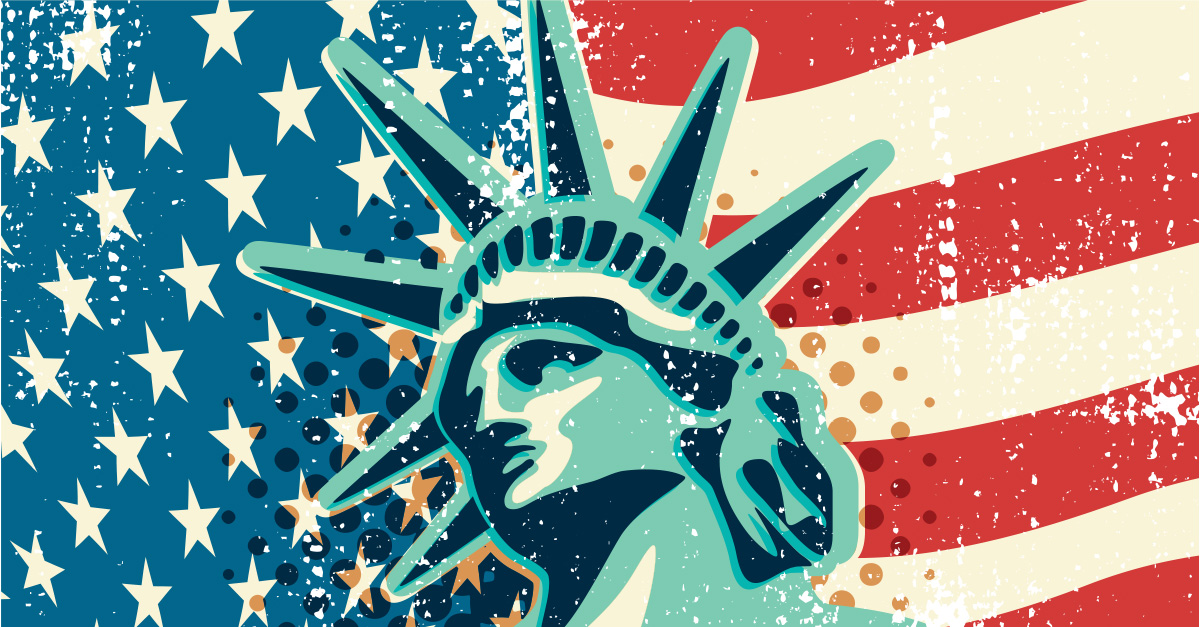


Get a free copy of Parental Rights & Education when you subscribe to our newsletter!

The pathetic publication that twists facts to push its progressive agenda strikes again — this time targeting Christians.
Ever met people who flaunt their ignorance with such confidence it’s almost admirable? If not, don’t worry — Rolling Stone’s editors are here to set the standard.
Recently, the left-wing rag published a highly publicized exposé in which Justice Samuel Alito supposedly “makes little effort to present himself as a neutral umpire calling judicial balls and strikes, but rather as a partisan member of a hard-right judicial faction that’s empowered to make life-altering decisions for every American.”
The justice’s heinous crime? Agreeing with the idea that those in “this country who believe in God have got to keep fighting for that — to return our country to a place of godliness.”
Alito was approached at a Washington D.C. event by a liberal “filmmaker” posing as a conservative. Her mission was to solicit “unguarded” responses from Alito to embarrass the man who authored the Dobbs opinion that undid Roe.
Alito’s mundane response: “I agree with you. I agree with you.”
The other grave offense? Alito conceded that our present polarization could be beyond repair. He remarked that “there can be a way of working — a way of living together peacefully, but it’s difficult, you know, because there are differences on fundamental things that really can’t be compromised.”
These were the big “gets” for Rolling Stone: That America must recommit to virtue and that today’s sharp contrasts between the left and the right — like defining a woman — might be insurmountable.
If the progressive left’s goal was to make us laugh at their staggering unfamiliarity with America’s current political realities, this “undercover journalism” would do the trick. But that’s not their aim. They want to rewrite America’s story, scrubbing out all that pesky religious stuff.
More troubling, they’re pushing what amounts to a secular litmus test for government roles — no faithful Christians need apply.
The hack journo admitted as much, saying, “One of the main drivers for me in this work is showing Americans that we are at a crossroads: Do we embrace the idea of secular democracy and uphold that tradition, or do we start to transition into a Christian theocracy?”
This stunt may impress left-wing audiences at shoddy publications, but it does a lousy job explaining the milieu in which our nation was formed.
Does the name Jacob Duché sound familiar? If you went to a public school or subscribe to Rolling Stone, probably not.
Duché was a respected man of the cloth who led Philadelphia’s influential Christ Church. He delivered an invocation that John Adams described as rich “with such fervor, such Ardor, such Earnestness and Pathos, and in Language so elegant and sublime — for America [and] for the Congress,” adding, “It has had an excellent Effect upon every Body here.”
This prayer was given on September 7, 1774, two days after the first Congress gathered in Philadelphia to respond to the British Parliament’s “Coercive Acts.” These enactments disbanded local governance and authorized British soldiers to be lodged in buildings on the American dime, among other hostile actions.
Enough was enough for the colonists, so they sent delegates to Philly to plot their next steps against Parliament. And guess what? One of their first tasks was finding a minister to deliver an invocation and set the tone for the proceedings.
Initially, there were objections on denominational grounds, but eventually, Reverend Jacob Duché was chosen to open the assembly with a petition to God for guidance. His spontaneous prayer reportedly spanned 10 minutes and lit up the place, as Adams’ letter makes clear.
Rev. Duché also “read the Psalter designated for the day in the Anglican Book of Common Prayer,” Psalm 35, which begins:
“Plead my cause, O Lord, with them that strive with me: fight against them that fight against me. Take hold of shield and buckler, and stand up for mine help. Draw out also the spear, and stop the way against them that persecute me: say unto my soul, I am thy salvation.”
As Professor Daniel Dreisbach notes in his book Reading the Bible with the Founding Fathers, the delegates saw the choice of this passage as divine superintendence, not mere coincidence. Pure chance could not “adequately explain the designation of this particular psalm as the reading from the Book of Common Prayer — selected by Anglican leaders more than two centuries before — for a day such as this.”
Leading up to this Psalm, Rev. Duché presented a written prayer that implored the Almighty for protection and ended with an explicitly Christian closing: “All this we ask in the name and through the merits of Jesus Christ thy Son, Our Saviour, Amen.”
Interestingly, Duché later had second thoughts on backing the American Revolution and ultimately bolted to England. Even so, as Professor Dreisbach writes,
“Many Americans have long found significance in the fact that the First Continental Congress, convened to chart the best course for securing American liberties, chose to begin their deliberations with a solemn act of worship…This simple act of homage…fortified the people’s representatives for the arduous tasks and difficult days that lay ahead.”
In other words, God’s Word and a soul-stirring prayer marked the beginning of our journey toward declaring independence from the Crown. This is one instance in a sea of examples that clearly show the Christian consensus underlying America’s formative years.
But please, Rolling Stone, tell us more about how our “tradition” is rooted in “secular democracy.”
Clowns.
If you like this article and other content that helps you apply a biblical worldview to today’s politics and culture, consider making a donation here.
Christian conservative news and issues that matter. Curated just for you!

